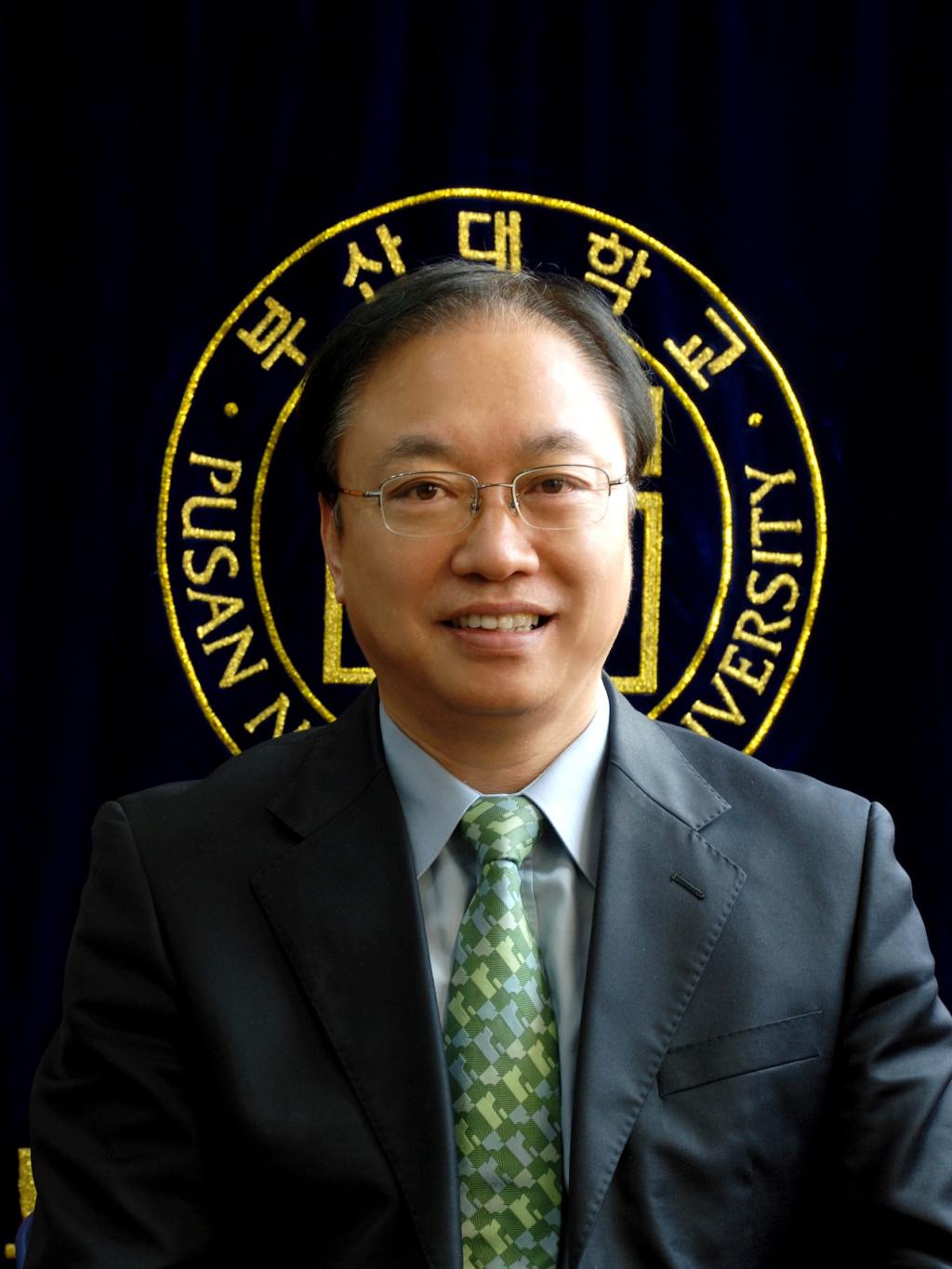The role of artificial intelligence for fluid mechanics

Speaker name: Prof. Kyung Chun Kim
Institution: Pusan National University, South Korea
Curriculum vitae:
Prof. KC Kim received his BA degree at Pusan National University, Korea in 1979. He received MS and Ph.D degree at KAIST, Korea in 1981 and 1987 respectively. Since 1983, he was hired as a faculty member in Pusan National University (PNU), Korea. He was invited as a visiting professor from Ottawa University in Canada for 1989-1990. He joined at the department of theoretical and applied mechanics in University of Illinois, Urbana-Champaign, USA as an invited professor for 1996-1997. He was invited as a special foreign professor from the University of Tokyo, Japan for 2009-2010. KC Kim was selected as a PNU Distinguished Professor in 2018. On the basis of his research outcomes, he received the outstanding paper awards (1995, 2002) from KSME and KOSEF. In 2009 and 2016, he received the Academic award and the first Yeosong award from KSME. He received Nakayama award in 2012 and Asanuma award in 2014 based on contributions in world Visualization society. In 2019, he received Busan Science and Technology award. He is currently serving as an Editor in Chief for Journal of Visualization. In 2004, he was selected as a member of National Academy of Engineering of Korea. For 2008-2009, He was in charge of the president of Korean Society of Visualization. He was the Chairman of the 14th International Symposium on Flow Visualization which was held in Daegu, Korea, 2010. He was the Chairman of the 12th International Symposium on Particle Image Velocimetry which was held for June 18-22, 2017, Busan, Korea. In 2020, he was selected as the director of Regional Leading Research Center for Eco-friendly Smart Ship. His research interests include: Turbulence, Two-Phase Flows, Flow Visualization, PIV, LIF, PSP, TSP, CFD, Heat Transfer, Thermal System Simulation and Optimization, Next Generation Marine Engine, Organic Rankine Cycle Power System, Multi-scale Multi-Physics Analysis and Measurement Techniques, Microfluidics, Bio-MEMS, Lattice Boltzmann Simulation, Solar Power, Cryogenics, Wind Turbine and Fuel Cell, Wind Engineering, and Artificial Intelligence.
Abstract: The field of fluid mechanics is evolving rapidly, producing unprecedented amounts of data through experiments, field measurements and large-scale spatiotemporal simulations. Artificial Intelligence (AI) provides a wealth of technology to extract information from data that can be transformed into knowledge of basic fluid mechanics. Additionally, AI algorithms can augment domain knowledge and automate tasks related to flow control and optimization. This lecture introduces new opportunities in the past, present and future of the application of AI to fluid mechanics. Basic AI methodology is explained and examples of its application to flow analysis, experimental data processing, modeling, optimization, and control are discussed. The strengths and limitations of AI methods such as machine learning can be judged by the degree to which scientific inquiry can be solved with new approaches of data-based modeling, experimentation, and simulation. AI continues to expand in current fluid mechanics research and industrial applications, and even provides a powerful information processing framework that can change direction.










